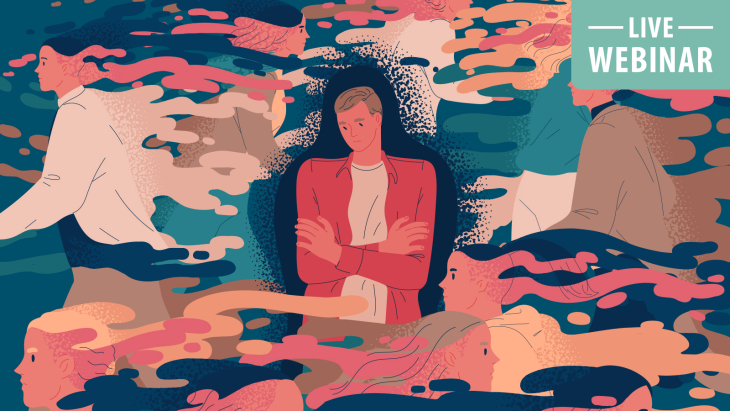Open
Radically Open Dialectical Behavior Therapy for Disorders of Overcontrol

Location
Dates & Times
Contact
Do you have event related questions or need help with registration?
Self-control, the ability to inhibit competing urges, impulses, or behaviors is highly valued by most societies. However, excessive self-control has been linked to social isolation, aloof interpersonal functioning, maladaptive perfectionism, constricted emotional expressions, and difficult-to-treat mental health problems, such as anorexia nervosa, obsessive compulsive personality disorder, and refractory depression.
The aim of this workshop is to introduce clinicians to the theoretical foundations, treatment strategies and new skills underlying Radically Open Dialectical Behavior Therapy (RO DBT) for disorders of overcontrol.
While RO DBT uses dialectical and behavioral strategies, the interventions used are substantially different to those used in standard DBT. For example, RO DBT contends that emotional loneliness represents the core problem for overcontrol, not emotion dysregulation. The biosocial theory for overcontrol posits that temperamental biases for heightened threat sensitivity and diminished reward sensitivity transact with early family experiences to result in an overcontrolled coping style leading to social ostracism – secondary to low openness and social signaling deficits. A novel thesis linking the communicative functions of emotional expression to the formation of close social bonds will be introduced, as well as new clinical skills linking treatment targeting to social signaling deficits. New approaches designed to activate a neurobiological-based social-safety system, signal cooperation, and encourage genuine self-disclosure will be introduced.
Presenter Bio:
R. Trent Codd, III, Ed.S. is the VP of Clinical Services for the Carolinas for Refresh Mental Health. Prior to assuming his current position he was Executive Director of the Cognitive Behavioral Therapy Center of Western North Carolina, a multi-disciplinary group practice specializing in the provision of evidence-based mental health care, a practice he founded in 2001. Trent completed his graduate work at the University of Florida and has extensive post-graduate training in several empirically-supported treatments. He is a RO DBT Senior Clinician and Introductory Trainer. In addition, he is a Diplomate, Fellow, and Certified Trainer/Consultant for the Academy of Cognitive and Behavioral Therapies and a Board Certified Behavior Analyst.